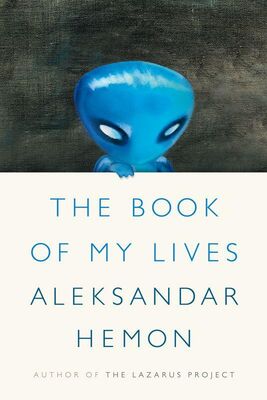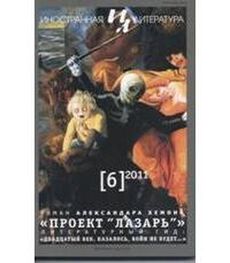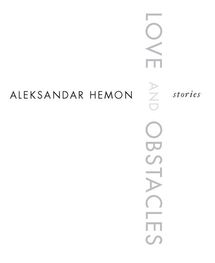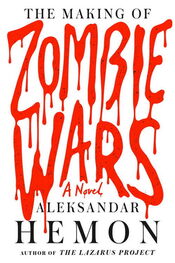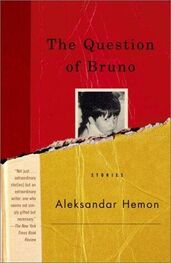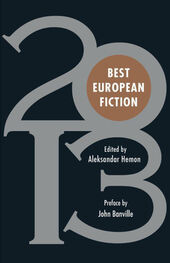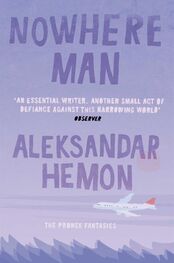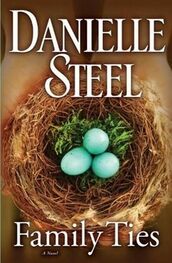Sometime after midnight, the assistant called to say that Isabel had made it through the surgery. We met Dr. Tomita outside the waiting room, in which some other unfortunate parents slept on uncomfortable sofas, coiled into their own nightmares. Dr. Tomita thought he’d removed most of the tumor; as luck would have it, the tumor did not burst, so blood did not flood the brain, which would’ve been lethal. Isabel did well and should be transferred to the Intensive Care Unit shortly, he said, where we could see her. I remember that moment as a relatively happy one: Isabel lived. Only the imminent outcome was relevant; all we could hope for was reaching the next step, whatever it was. The future was capped; there could be no life beyond Isabel’s being alive now .
At the ICU, we found her entangled in a web of IV tubes and monitor wires, paralyzed by rocuronium (called “the rock” by everyone there), which had been given to prevent her from ripping out her breathing tubes. We spent the night watching her, kissing the fingers on her limp hand, reading or singing to her. The next day, I set up an iPod dock and played music, not only in a willfully delusional belief that music is good for a painful, recovering brain, but also to counter the soul-crushing hospital noise: the beeping of monitors, the wheezing of the breathing machinery, the indifferent chatter of nurses in the hallway, the siren that would go off whenever a patient’s situation abruptly worsened. To the accompaniment of Bach cello concertos or Mingus piano pieces, my heart registered every dip of Isabel’s heart rate, every change in her blood pressure. I couldn’t take my eyes off the cruelly fluctuating numbers on the monitors, as though sheer staring could influence the outcome. All we could ever do was wait.
* * *
There’s a psychological mechanism, I’ve come to believe, that prevents most of us from imagining the moment of our own death. For if it were possible to imagine fully that instant of passing from consciousness to nonexistence, with all the attendant fear and humiliation of absolute helplessness, it would be very hard to live, as it would be unbearably obvious that death is inscribed in everything that constitutes life, that any moment of our existence is a breath away from being the last one. We would be continuously devastated by the magnitude of that inescapable moment, so our minds wisely refuse to consider it. Still, as we mature into mortality, we gingerly dip our horror-tingling toes in the void, hoping that the mind will somehow ease itself into dying, that God or some other soothing opiate will remain available as we venture deeper into the darkness of nonbeing.
But how can you possibly ease yourself into the death of your child? For one thing, it is supposed to happen well after your own dissolution into nothingness. Your children are supposed to outlive you by several decades, in the course of which they’ll live their lives, happily devoid of the burden of your presence, eventually completing the same mortal trajectory as their parents: oblivion, denial, fear, the end. They’re supposed to handle their own mortality, and no help in that regard (other than forcing them to confront death by way of your dying) can come from you — death ain’t a science project. And even if you could imagine your child’s death, why would you?
But I’d been cursed with a compulsively catastrophic imagination, and had often involuntarily imagined the worst. I used to envision being run over by a car whenever I crossed the street, complete with a vision of the layers of dirt on the car’s axle as its wheel crushed my skull. Or, stuck on a subway with all the lights out, I’d envision a deluge of fire advancing through the tunnel toward the train. Only after I met Teri did I manage to get my tormentful imagination under control. And after our children were born, I learned to quickly delete the visions of something horrible happening to them. A few weeks before Isabel’s cancer was diagnosed, I’d noticed that her head was large and somewhat asymmetrical, and a question popped into my head: What if she has a brain tumor? But before my mind ran off with all the frightening possibilities, I talked myself out of considering them. She appeared to be in perfect health. Even if you could imagine your child’s grave illness, why would you?
* * *
A couple of days after Isabel’s first resection, an MRI showed that there was a piece of tumor left in her brain. The more of the cancer taken out, the better her survival prognosis would be, so Isabel had to undergo another surgery, after which she returned to the ICU. Then, after she was transferred from the ICU to neurosurgery, her CSF was still not draining: an external ventricular drain (EVD) was put in, while a passage in her brain was surgically opened for drainage. She had fever again. The EVD was taken out; her ventricles became enlarged and full of fluid again, to the point of endangering her life; her blood pressure was dropping. Undergoing yet another emergency scan, facing upward in the MRI tunnel, she nearly choked, her vomit bubbling out of her mouth. Finally, a shunt was surgically implanted, allowing the CSF to drain directly into her stomach. In less than three weeks, Isabel had undergone two resections — whereby her cerebral hemispheres had to be parted to allow Dr. Tomita to access the region where the stem, the pineal gland, and the cerebellum meet, and scoop out the tumor — with six additional surgeries to address the failure of her CSF to drain. A tube had been inserted in her chest for administering chemotherapy drugs directly into her bloodstream. To top it all, an inoperable peanut-size tumor was detected in her frontal lobe, while the pathology report confirmed that the cancer was indeed ATRT. The chemo was set to start on August 17, a month after the diagnosis, and her oncologists, Dr. Fangusaro and Dr. Lulla, did not wish to discuss her prognosis. We did not dare press them.
* * *
During the first few weeks after Isabel’s diagnosis, we did not eat or sleep much. Most of the time Teri and I were at the hospital, at Isabel’s side. We tried to spend time with Ella, who was not allowed into the ICU, though she could visit Isabel in the neurosurgery ward, where she made Isabel smile every time they were together. Ella seemed to be handling the catastrophe pretty well. Supportive family and good friends came through our house, distracting her, helping us to cover up our continuous absence. When we talked to her about Isabel’s illness, Ella listened, wide-eyed, concerned, and perplexed.
It was sometime in the first few weeks of the ordeal that Ella began talking about her imaginary brother. Suddenly, in an onslaught of her words we would discern stories about a brother who was sometimes a year old, sometimes in high school, and who would occasionally travel, for some obscure reason, to Seattle or California, only to return to Chicago to be featured in yet another adventurous monologue of Ella’s.
It is not unusual, of course, for children of Ella’s age to have imaginary friends or siblings. The creation of an imaginary character is related, I believe, to the explosion of the child’s newly acquired linguistic ability, which occurs between the ages of two and four, and rapidly creates an excess of language that she may not have enough experience to match. The child has to construct imaginary narratives to try out the words she suddenly possesses. Ella now knew the word California but had no experience in any way related to it, nor could she conceptualize it in its abstract aspect, in its Californianess . Hence her imaginary brother had to be deployed to the sunny state, which allowed Ella to talk at length as if she knew California — the acquired words demanded the story, the language necessitated a fictional landscape. At the same time, the surge in language at this age creates a distinction between exteriority and interiority; the child’s interiority is now expressible and thus possible to externalize; the world doubles. Ella could now talk about what was here and about what was elsewhere; the language made here and elsewhere continuous and simultaneous. Once, at our dinner table, I asked Ella what her brother was doing at that very moment. He was in her room, she said matter-of-factly, throwing a tantrum.
Читать дальше